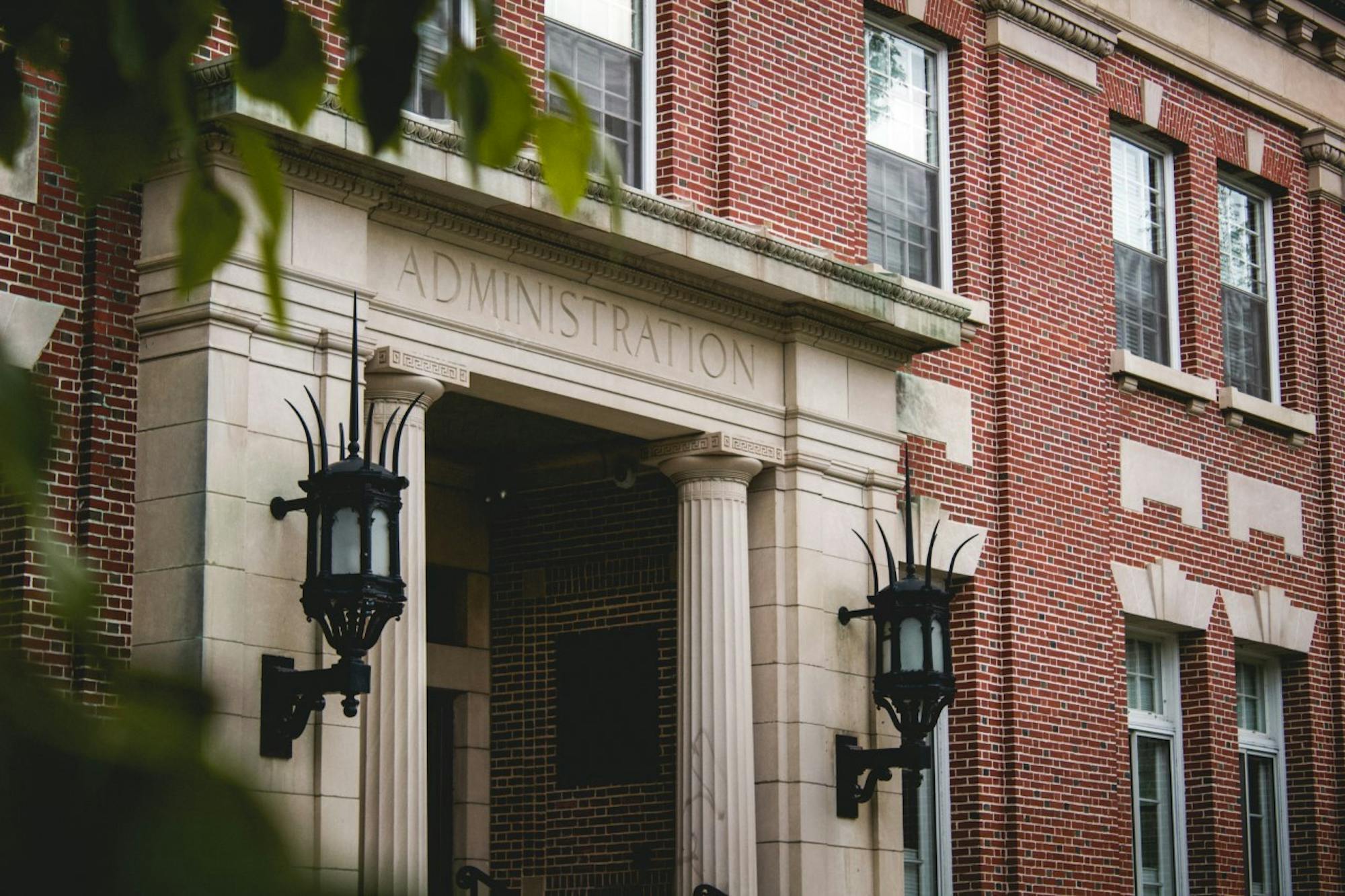After nearly four years of hiatus, Dartmouth will reinstate its ombuds office — an independent, neutral and confidential resource for community members at the College to air concerns — according to multiple current and former members of the Graduate Student Council, which has been agitating for the change.
The reopening represents the third time in fifty years that the College has tried to establish an ombuds office. Dartmouth’s first ombuds office served community members through the 1970s, before being disbanded in 1981. In 2007, the College revived the office but shut down operations again in 2017
In an email statement, College spokesperson Diana Lawrence confirmed the decision. She wrote that in 2017, the hiring committee for the ombudsperson’s role felt that the current Title IX coordinator role and the College’s partnership with ComPsych GuidanceResources, a confidential support platform, would suffice as a resource. She added that with more “robust compliance processes in place,” the College has moved towards reinstating the position.
“The search for a new ombudsperson will begin shortly,” Lawrence wrote.
Former GSC president Eva Childers, a Ph.D. integrative neuroscience student, said that the administration is working to put together a committee to lead a nationwide search for a full-time ombudsperson that will serve the graduate students, postdocs, faculty and staff.
Ombuds offices serve as an informal resource for concerns that do not meet a specific burden of proof and can report trends, patterns and numbers of visitors directly to the President. According to Dartmouth’s ombuds website, the office does not hold any institutional power, and therefore does not have to report to Title IX. Currently, the Office of Institutional Diversity and Equity and the Guarini School of Graduate and Advanced Studies offer resources for conflict mediation but do not provide community members with the same level of anonymity that an ombuds office would. Dartmouth and Yale University are currently the only Ivy League schools without ombuds offices.
Childers emphasized the importance of offering ombuds resources to the College. Currently, one must report to faculty or a department head, which she said may be a less “comfortable” person to air concerns with.
“As a Ph.D. student, you tend to work one on one with one professor, and this professor has a lot of hold over you,” Childers said. “These professors perhaps do not fully realize the extent of their power or are misusing their power.”
Since Sept. 2020, the Ombuds Office Planning Committee, which started as a group of students from the GSC, has worked to re-establish the office at Dartmouth, circulating a community statement and proposal to the Dartmouth administration that advocated for reinstatement and garnered the signatures of 712 students, staff and faculty.
The proposal made a handful of recommendations, including that the ombudsperson be hired externally, serve full-time and not be a mandatory reporter, and also called for the promotion of ombuds office resources to the Dartmouth community. This proposal was supported by Dr. Shontay Delalue, the Senior Vice President and Senior Diversity Officer, who was hired in June 2021. Dr. Delalue facilitated conversations with senior administration, which ultimately led to President Hanlon agreeing to reinstate the office.
Childers, one of the authors of the original proposal, said that the community statement acted as a summary of the proposal, highlighting to the Dartmouth administration the institutional support behind the establishment of an ombuds office.
“The intention of [the community statement] was to highlight this need,” Childers said. “It’s over 700 people on campus [who signed the community statement] — alumni, undergraduates, Tuck students, Geisel students, faculty members and staff members. I think this resource is something that everybody needs, that everyone desires and that everyone would use.”
Osmundsen added that historically, the office did not serve students, only catering to nonunion faculty and staff.
“Unfortunately, their current mandate does not include undergraduates, which is a bummer,” Osmundsen said. “The big thing is that it’s a neutral, confidential resource because nothing [graduate students] have currently offers that.”
Bridget Slone, a recent graduate of the Masters Program in Digital Musics and former representative on the GSC, added that an ombuds office could provide “metadata” to the administration and put pressure on the College to address reported issues and improve current resources.
“The biggest thing is putting the power in the hands of the students to make their environments what they need them to be,” Slone said. “It's about how we put the tools in the right people’s hands.”
She also noted that an ombuds office can help prevent lawsuits by allowing individuals to report problems through informal rather than legal channels.
“It is unique in that it’s anonymous — the perception of impartiality is really important,” Osmundsen said. “Having someone who’s perceived as not being part of the reporting structure is super important.”





